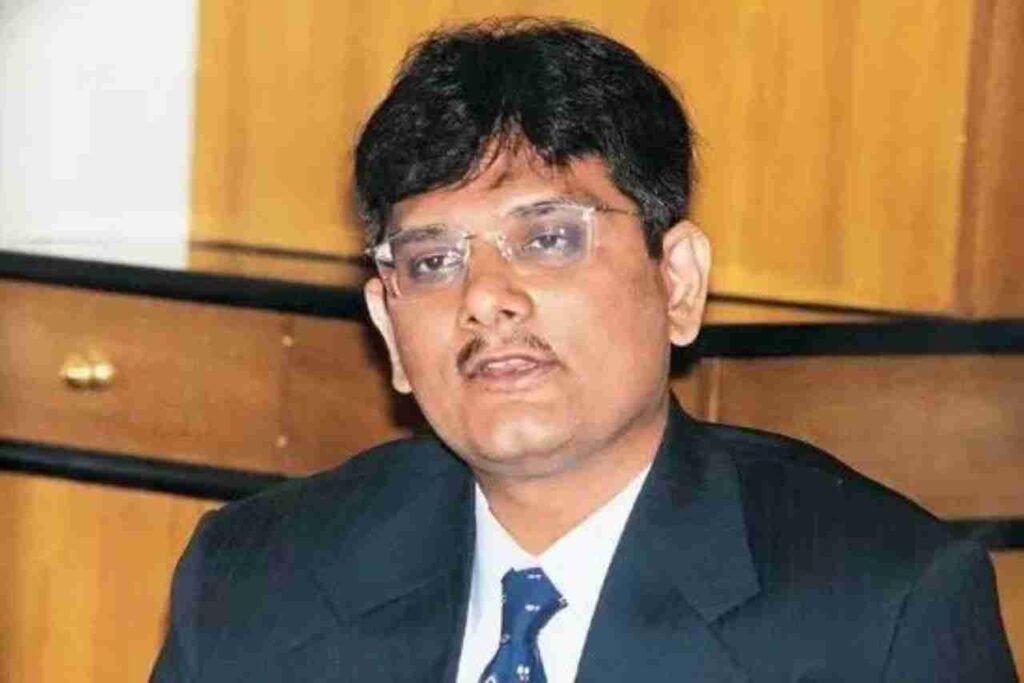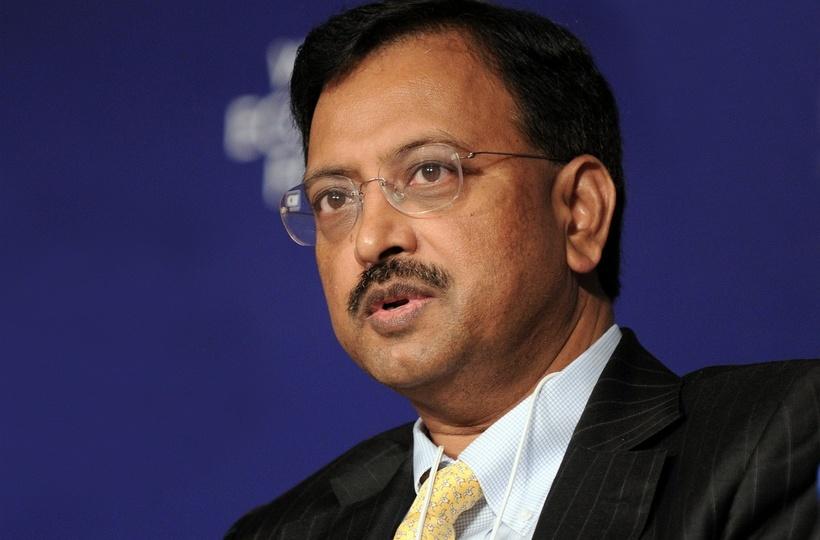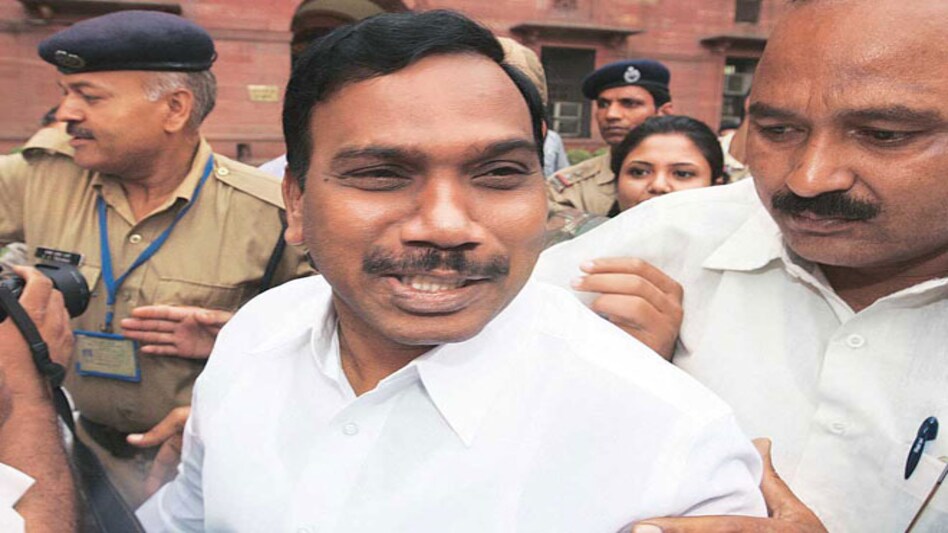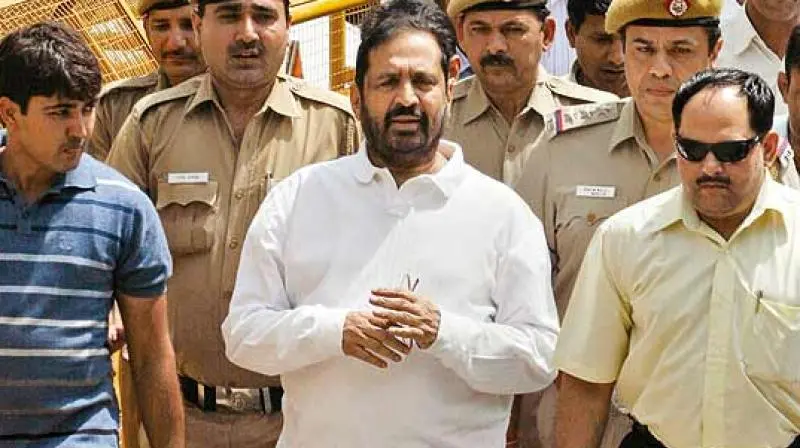India has unfortunately witnessed several major scams throughout its history. Here is a list of some of the biggest scams in India, along with details about each one, including the year, main accused, investigation progress, impact on the economy, and effects on the common man.
1. Harshad Mehta Scam (1992)

- Main Accused: Harshad Mehta, a stockbroker.
- Investigation Progress: The scam involved manipulating stock prices using loopholes in the banking system. Mehta was arrested and tried for his involvement.
- Impact on the Economy: The scam amounted to around ₹4,000 crores (about $560 million). It severely dented investor confidence, leading to a temporary setback in the Indian stock market.
- Effect on the Common Man: Many innocent investors lost their savings as stock prices crashed, and it eroded trust in the financial system.
2. Ketan Parekh Scam (2001)

- Main Accused: Ketan Parekh, a stockbroker.
- Investigation Progress: Parekh was involved in rigging stock prices and using fake bank receipts for trading. He was investigated and barred from trading. The Ketan Parekh Scam in 2001 was estimated to involve losses of around ₹40,000 crores.
- Impact on the Economy: The scam had a negative impact on the stock market, particularly the tech sector, as it led to a significant decline in stock prices.
- Effect on the Common Man: Ordinary investors faced financial losses due to the market crash, and it eroded their faith in the fairness of the stock market.
3. Satyam Scam (2009)

- Main Accused: Ramalinga Raju, the founder and chairman of Satyam Computer Services.
- Investigation Progress: The Satyam Scam in 2009 amounted to approximately Rs. 7,800 crores. Raju confessed to inflating the company’s profits and assets, which triggered investigations. He and other executives were arrested.
- Impact on the Economy: The scam shook investor confidence, leading to a sharp decline in Satyam’s stock price and affecting India’s IT industry’s reputation.
- Effect on the Common Man: Investors, including retail shareholders and employees, suffered significant financial losses as the company’s stock price collapsed.
4. 2G Spectrum Scam (2010)

- Main Accused: A. Raja, the former Telecom Minister, and several telecom companies.
- Investigation Progress: This telecom scam involved the alleged underpricing of 2G spectrum licenses. Investigations led to the cancellation of licenses and the trial of those involved.
- Impact on the Economy: The estimated loss to the government was around ₹1.76 lakh crores (about $25 billion). It led to a policy overhaul in the telecom sector.
- Effect on the Common Man: It indirectly affected consumers through higher mobile tariffs as companies faced financial difficulties.
5. Commonwealth Games Scam (2010)

- Main Accused: Suresh Kalmadi, the former Chairman of the Commonwealth Games Organizing Committee.
- Investigation Progress: The scam involved irregularities in contracts and expenditures related to the 2010 Commonwealth Games. Several officials were investigated. The estimated amount of the Commonwealth Games scam in 2010 was approximately ₹70,000 crores (around $10 billion USD).
- Impact on the Economy: The financial mismanagement and corruption damaged India’s reputation and led to overspending on infrastructure.
- Effect on the Common Man: The misappropriation of funds diverted resources away from social welfare programs, affecting the common man indirectly.
These scams have had significant implications for India’s financial and political landscape. While some of the accused were prosecuted and held accountable, these incidents underscore the importance of transparent governance and regulatory reforms to prevent such scams in the future and protect the interests of the common man and the economy.





